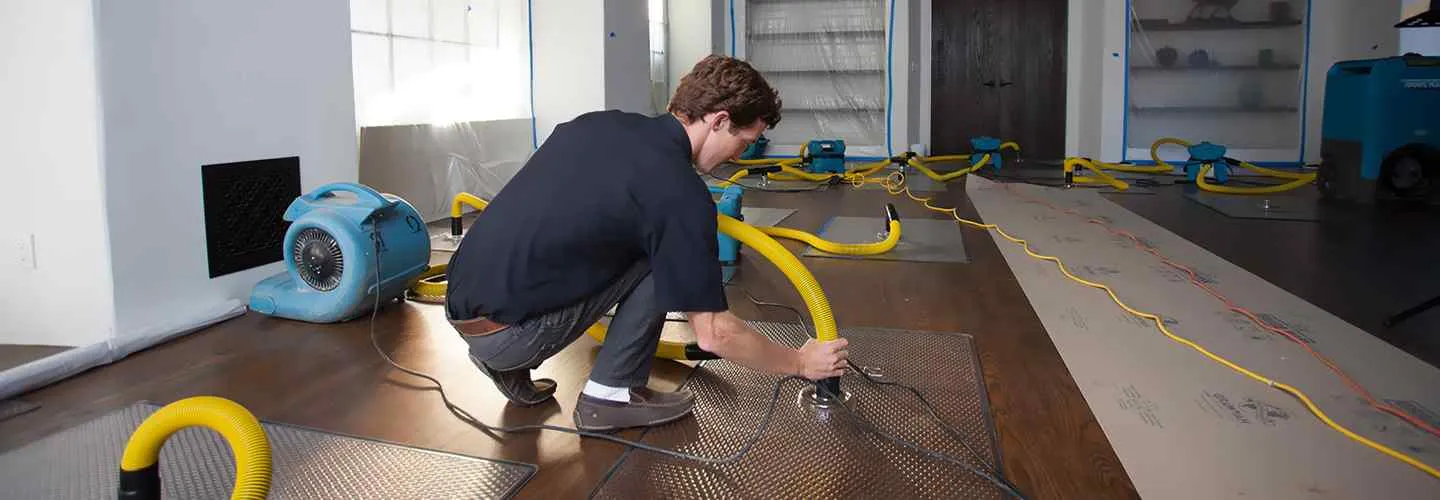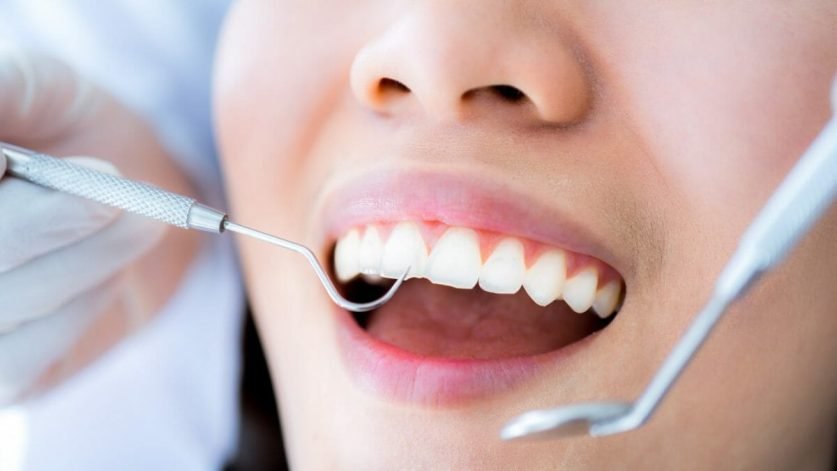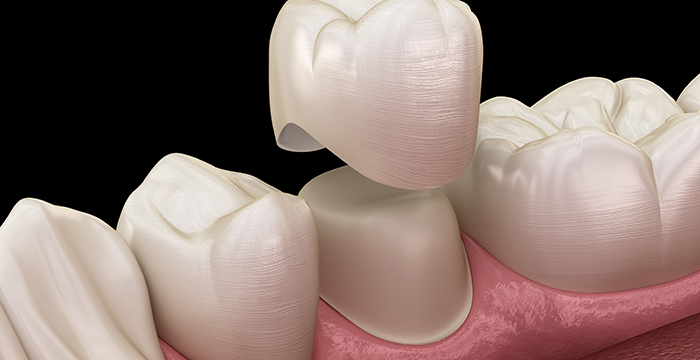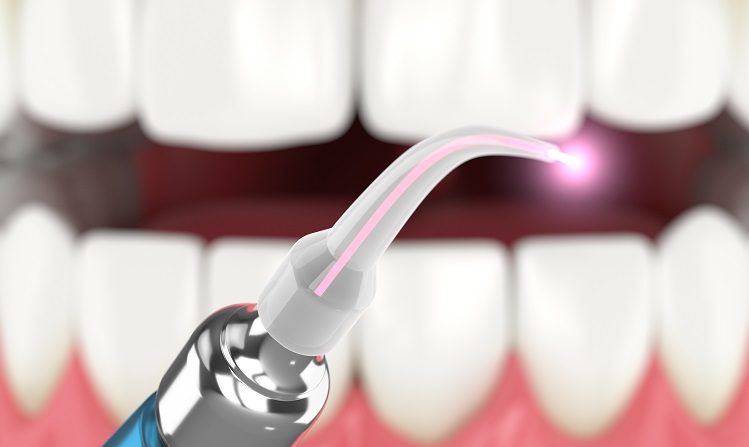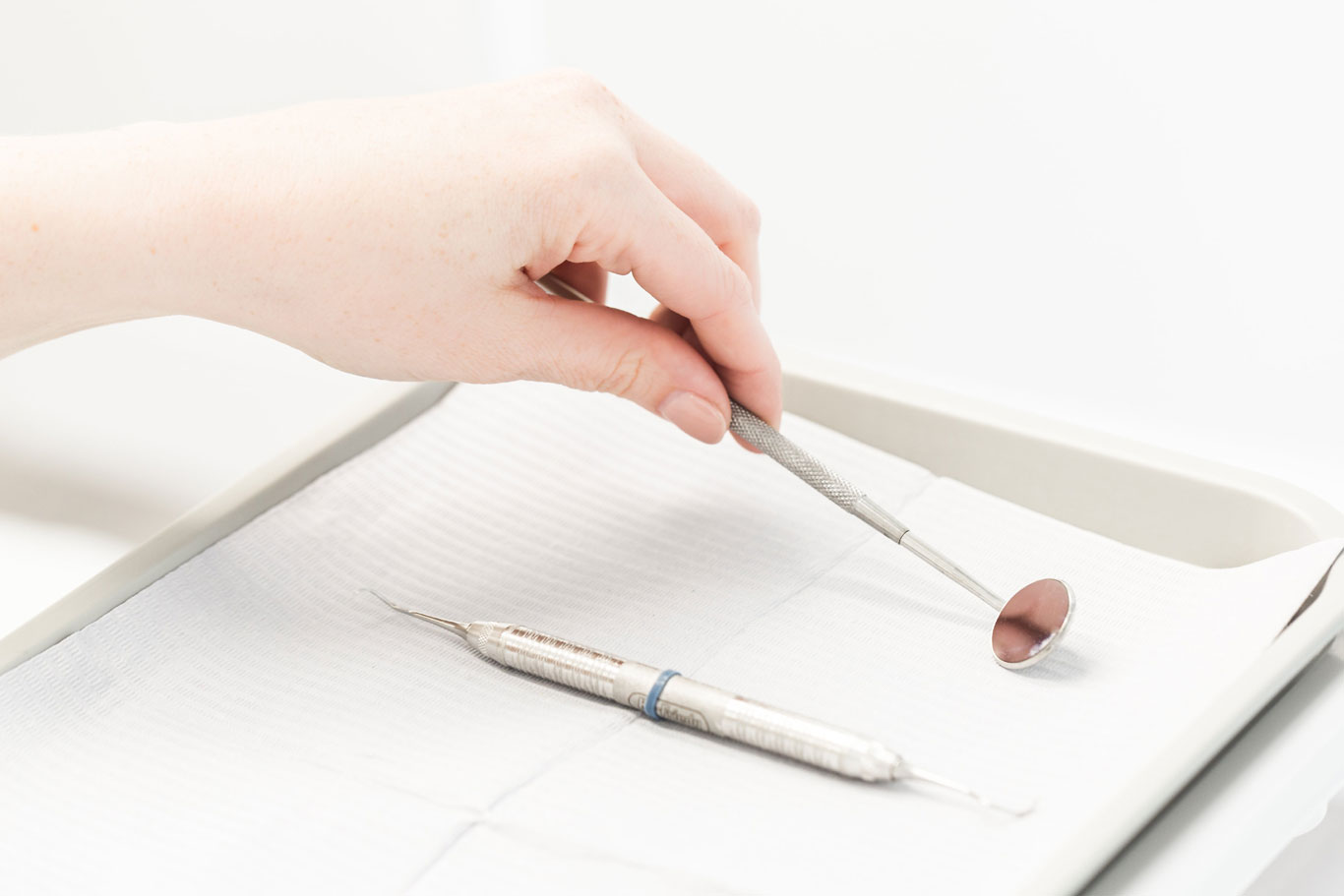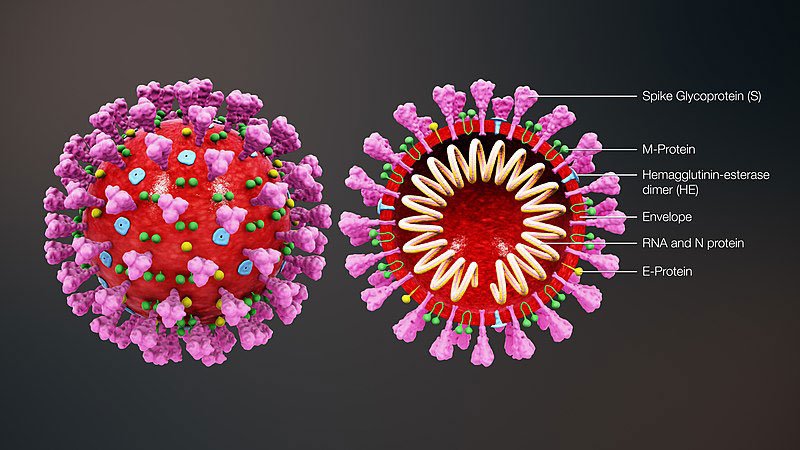What Do You Know About Deep Cleaning Of Teeth?
Deep Cleaning Dental Procedure are different from routine cleanings. With this form of therapy, the gum line is not touched. This is done to clean pockets and difficult-to-reach places like the bases of your teeth. Tartar is a substance that can gather around the crowns and roots of teeth. If this tartar is not eliminated, it may cause harmful bacterial infections.
Dentists use periodontal scaling and root planing to get rid of this material. If hand scraping is unsuccessful in removing the tartar, they will also employ an ultrasonic removal device. This is the main distinction between dental deep cleaning and regular cleaning. It can occasionally take a lot of work to remove tartar.
Because it can last for hours, it might need to be split into multiple sessions. It will ultimately come down to how severe the condition is and how sensitive your teeth are. Dental deep cleaning near me may appear tiresome, but it is crucial for preventing dangerous infections. If left untreated, it could degenerate into a root canal or another, more severe condition.
Why is it necessary to deep clean the tooth?
Houston dentist open Saturday recommends making dental appointments at intervals advised by the dentist. How frequently you should get a deep cleaning is a question that needs a clear-cut answer. This is because each special instance necessitates a different strategy. Your Dentist In Houston will provide recommendations on whether or not you require a deep cleaning during these visits.
Examining for gum disease is one surefire way to tell if your teeth require comprehensive cleaning. The distance your gums pull away from your teeth can be used to determine this. Any pocket more than five millimeters deep needs to be deep cleaned immediately. Additional indications of gum disease include the following:
- Swelling gums
- Bleeding gums
- Pus in the gums
- Bruising around gums
- Bad smelling breath
How do the deep teeth cleaning procedure work?
Your same-day emergency dentist will do a medical history check and an x-ray before the treatment. After that, they can choose which areas to prioritize. Following this initial design step, the dentist will employ a specialized tool to measure the depths of the gum sockets. This method is also performed to probe the mouth to detect periodontitis or gingivitis. After that, the dentist will begin the scaling process.
This scrape removes tartar from the teeth, as we already mentioned. If required, an ultrasonic tool is also used. The teeth are then polished using grit-infused toothpaste. After that, they polish the teeth with an air polisher. The final flossing step could be carried out by the dentists. The last option is to receive fluoride treatment. The enamel on your teeth remineralizes as a result of this process.
Conclusion
The above information highlights various informational and beneficial factors regarding deep dental cleaning. For more valuable details, please visit dentistopenonsaturday.com.


